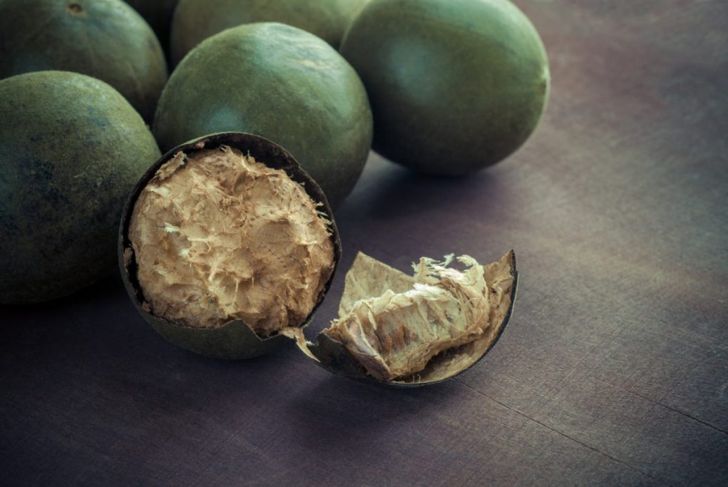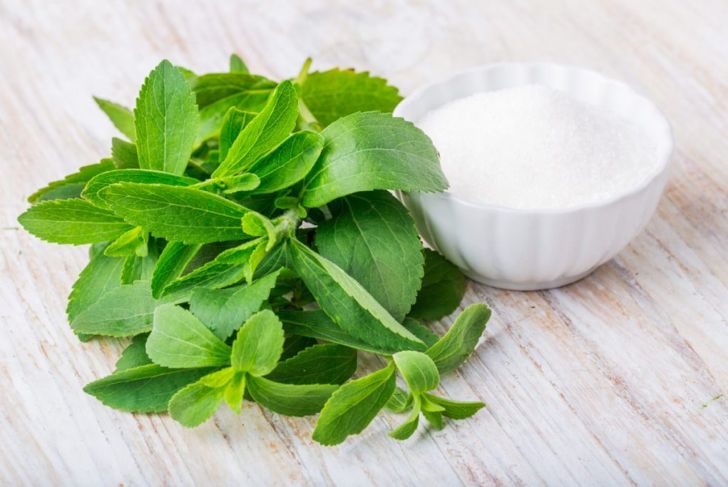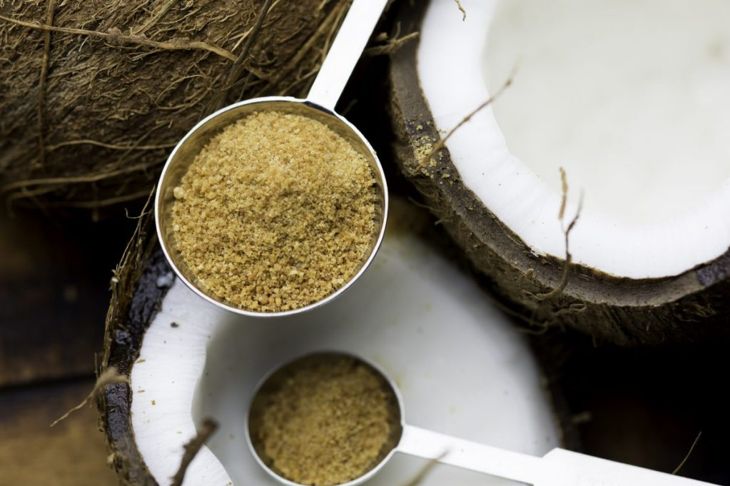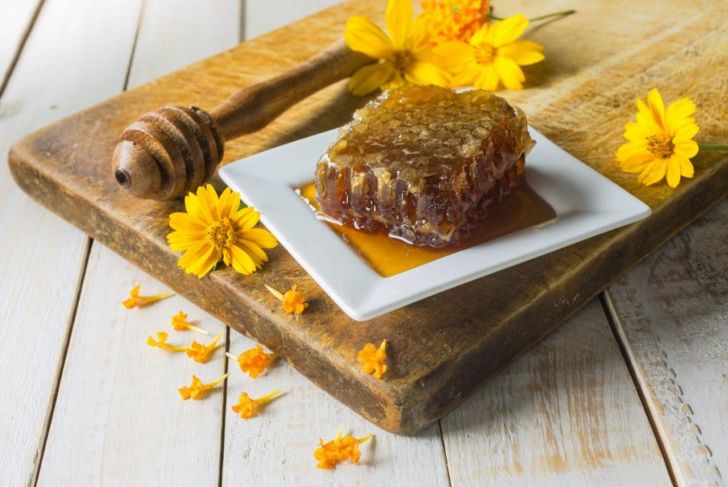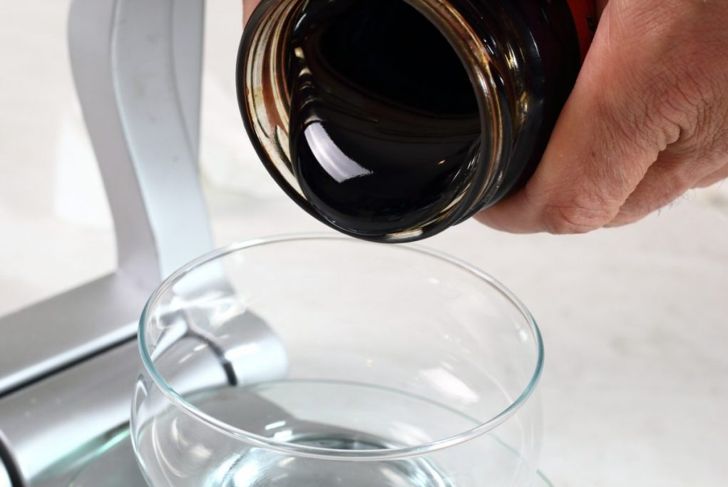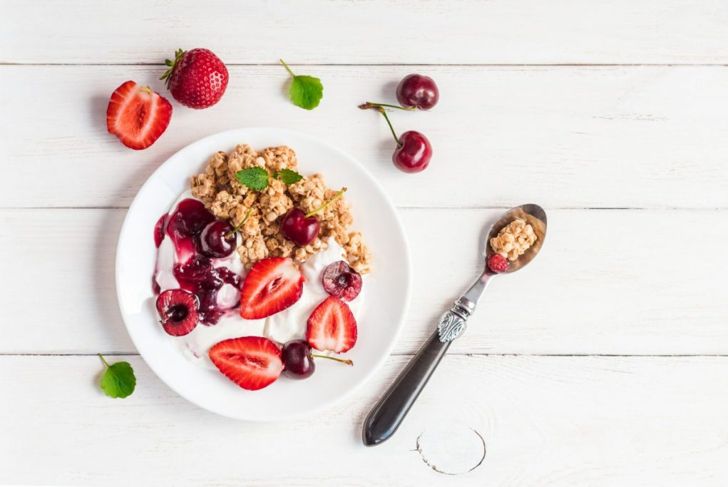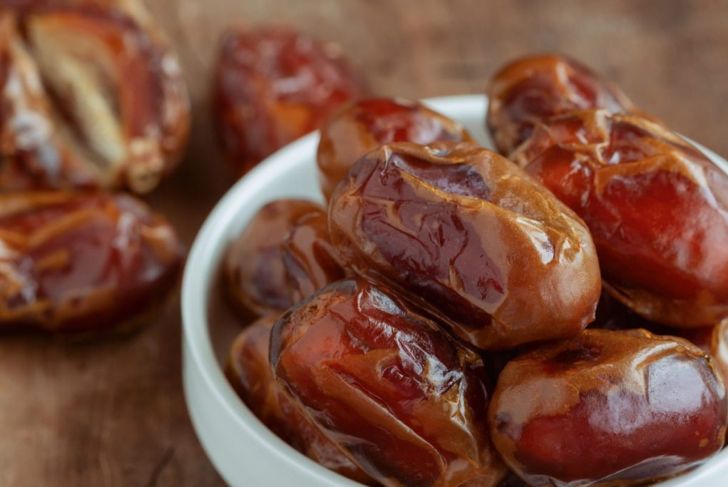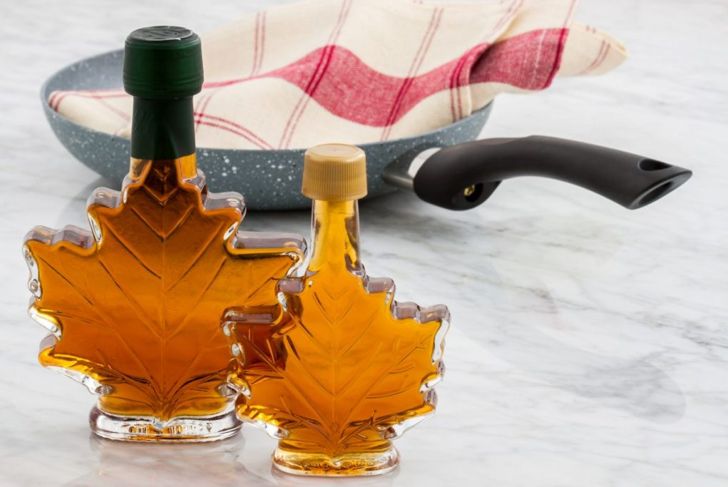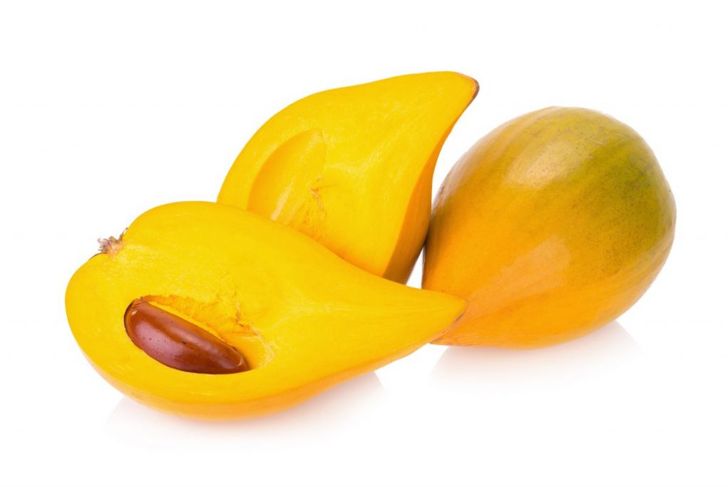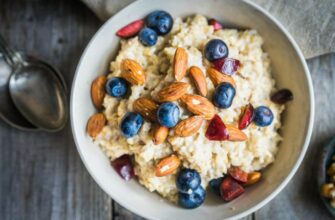Americans ingest almost 20 teaspoons of sugar daily. This amounts to 66 pounds each year. Whether by consuming convenience foods and prepared beverages or sprinkling cereal or coffee with table sugar, we are constantly feeding our sweet tooth and bearing the bitter health consequences: tooth decay, metabolic disorders, obesity, and cancers. Artificial sweeteners have risen to the rescue, but they often carry troubling side effects as well. Nature provides a bounty of treasures that, in moderation, can satisfy our sweet tooths and enhance our health. Try these exotic and tried-and-true sugar alternatives for a tasty solution to sweet cravings.
Monk Fruit
Luo Han Kuo or monk fruit is a small melon native to China. Buddhist monks have been cultivating this plant for its sweetness and curative properties for centuries. In several studies, monk fruit exhibits remarkable antioxidative, anti-inflammatory, and anti-cancer potential. Unique sweetening substances called mogrosides impart these health benefits. Monk fruit extract is 300 to 400 times sweeter than table sugar, yet it has no calories or carbohydrates. It does not trigger spikes in blood glucose levels, so it is popular with people who follow low-carb and diabetic-friendly diets. However, it’s important to check labels as some monk fruit products contain added sugars or other fillers.
Stevia
Native to South America, stevia has intensely sweet leaves that look like mint. Stevioside and rebaudioside make this popular sugar alternative up to 200 times as sweet as table sugar. They are also a source of antioxidants that help lower blood pressure and may promote cancer cell death. Stevia contains no calories or carbohydrates, and the American Diabetes Association recommends it. Since stevia is so much sweeter than sugar, you’ll need to adjust the amount you use and compensate for bulk in baking. Look for brands with high stevioside content. These tend to be sweeter, without the aftertaste.
Coconut Sugar
Blossoms from the coconut tree contain sap that is processed and dried to become coconut sugar. This sugar alternative offers a few sweet health benefits. It has trace elements such as iron, calcium, potassium, and antioxidants and is a source of inulin, a fiber that may help slow the absorption of glucose and curb oxidative stress, and stimulates the growth of beneficial gut bacteria. It also strengthens the immune system. Coconut sugar looks and tastes like brown sugar, making it a popular sweetener. However, it contains about the same number of calories and carbohydrates as regular sugar, so the American Diabetes Association advises moderation. You will find this product marketed as coconut nectar, coconut palm sugar, coconut blossom sugar, or coco sap sugar.
Raw Honey
Raw honey is unfiltered, unheated honey straight from honeycombs. It usually contains bee pollen and propolis, substances with a host of health benefits. Honey offers much more than sticky sweetness; it is a source of 27 minerals, 22 amino acids, and 5,000 enzymes. These nutrients help suppress the appetite and reduce blood sugar, according to research by the University of Wyoming and San Diego State. Honey contains potent antioxidants that lower the risk of cancer and cardiovascular disease, as well. One tablespoon of honey has only 64 calories and a low glycemic load of 10, slightly less than a banana. A review article published in Oxidative Medicine and Cellular Longevity reports that the sweetener can increase insulin production and reduce hyperglycemia. Do not heat raw honey over 95º F, or it will lose much of its nutritive value.
Blackstrap Molasses
Rich, dark blackstrap molasses comes from boiling raw cane sugar several times. It is a rich source of vitamin B6, calcium, iron, copper, manganese, and selenium, nutrients that help boost reproductive health and alleviate symptoms of iron deficiency including stress, depression, and fatigue. Blackstrap molasses has a moderate glycemic index of 55 and contains chromium, which enhances glucose tolerance. Blackstrap molasses provides about two-thirds the sweetness of sugar, along with a distinctive taste. Many people use it instead of maple syrup or honey. Choose unsulfured products to avoid allergic reactions from sulfites.
Chicory Root Syrup
Chicory, a lovely wild plant with vivid blue flowers, has grown in Europe since antiquity. Ancient Romans and Egyptians used its root to purify the blood and cleanse the liver. Chicory root is a natural prebiotic thanks to inulin, and it helps lower insulin levels. While chicory is widely known as a caffeine-free coffee alternative, the syrup is mildly sweet with little bitterness.
Fruit Jam
Jam derived from grapes, apples, berries, and stone fruits can add bright flavor and sweetness to recipes. Real fruit jam, like date sugar, is a whole food product rather than an extract, with the same nutrient profile as the fruit or combination of fruits it contains. The calorie and carbohydrate content varies according to the fruit, but you obtain the benefit of fiber, which slows down the absorption of fruit sugars. Many commercial products have no added sugar, and it is easy and affordable to make your own jam with fresh or frozen fruit. Place four cups of fruit and a ½ cup of water in a saucepan. Simmer, stirring frequently, until the fruit breaks down and begins to thicken. Puree in a blender and use immediately.
Date Sugar
Date sugar comes from pulverized whole dates, so it provides all the vitamins, minerals, fiber, and antioxidants of the fruit in small amounts. It’s an unrefined food that functions as a natural sweetener in many recipes, although it is not as sweet as refined sugar. Date sugar has only ten calories per teaspoon and a glycemic index of 50.
Maple Syrup and Maple Sugar
Maple syrup is the filtered sap of maple trees, and maple sugar is the dried form of this luscious liquid. Both are rich, caramel-tasting sources of riboflavin, calcium, zinc, manganese, potassium, and antioxidants, compounds that strengthen the immune system, protect reproductive health, and fight cardiovascular disease. Maple sugar can replace table sugar one to one. However, substituting dry sugar for liquid syrup requires adjusting other liquid ingredients in a recipe. Grade B syrup is less refined than Grade A and contains more nutrients.
Lucuma Powder
Lucuma, the “gold of the Incas,” is a South American fruit with a hard shell and soft, sweet yellow flesh. Its flavor is a mix of butterscotch and sweet potato. Its texture makes it a great replacement for sugar in baked goods, using one cup for each ½ cup of brown sugar. It is widely available in powder form and growing in popularity as a healthy sugar alternative. One tablespoon contains only 30 calories and six grams of carbohydrates. Lucuma powder is a source of soluble and insoluble fibers that help food move smoothly through the gastrointestinal tract and feed gut microbiota. It is rich in antioxidants that fight inflammation and cancer and strengthens the heart, eyes, and immune system. Although current research on lucuma is limited, the fruit shows significant potential as an anti-diabetic.

 Home
Home Health
Health Diet & Nutrition
Diet & Nutrition Living Well
Living Well More
More